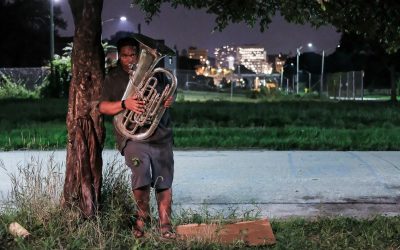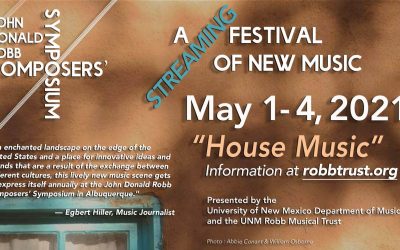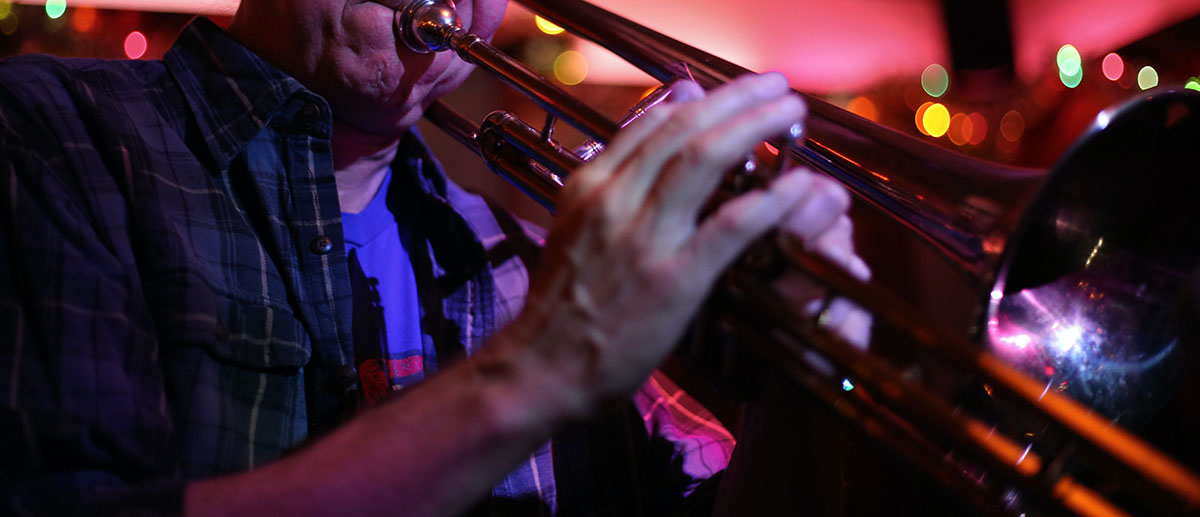DIFFERENT RIVERS:
Sardinian Hill Country and the DIY Ethos of River of Gennargentu
Presented by Diego Pani
Tuesday, November 13th 2018
2:00 – 3:30 p.m.
Fine Arts and Design Library – Main Foyer
In the summer of 2014, the Bluesman “River of Gennargentu” released, on his SoundCloud page, three songs of hill country blues, sung in English and played with a technique like those of historical Delta blues artists, recorded in low-quality sound. Within a few months, the web page collected dozens of comments from users who were amazed by this new “discovery” and demanded the real artist’s origin, as-yet-not-specified. For many listeners, these songs seemed played by an American bluesman: the Gennargentu, however, is not in the United States, but is in fact a mountain range in central Sardinia (Italy). “River of Gennargentu” is from a little Sardinian village named Gavoi, and produces his music drawing inspiration from the US blues musicians of the early 1900s, declaring his love for the DIY philosophy, building his own instruments and using low-fi home-recording techniques. This talk shows how rural blues is redefined by musicians in relation to Sardinian territory, thanks to a complex alternation of retro-mania (the idealized American past) and the idealistic claim which see in the DIY a way to revive the “raw” spirit of the origins of the blues, adapting this one to the cultural space of Sardinia.
Diego Pani works as ethnomusicologist with the Sardinian instituto Superlore Regionale Etnograflco (ISRE). He is also a Ph.D. Student in Ethnomusicology at Memorial University of Newfoundland, Canada. His research focuses on the dynamic of music performance of young generations of musicians in reference of social meaning via audio and video materials in the vernacular traditions of Sardinia. He is also interested in the study of local DIY blues musical scenes, with particular reference with the Sardinian one. Additionally, he is engaged in the production of documentary films, web documentaries, and photo reportages. Besides his academic work, he sings in the rock ’n ’roll band King Howl and manages Talk About Records, a DIY record label specialized in blues, rock ‘n’ roll, and punk rock music.
This event is sponsored by the UNM Department of Music, Outpost Performance Space, Italian Festivals of New Mexico, Albuquerque Italian Language and Culture Group, Talk About Records (Sardegna), the College of Fine Arts, and the Society for Ethnomusicology.
‘I’m Possible’ autobiography featuring UNM music professor Dr. Richard White now on sale
A Story of Survival, a Tuba, and the Small Miracle of a Big Dream By Jayla Acosta From the streets of Baltimore, Maryland to the campus of The University of New Mexico in Albuquerque, Associate Professor, Dr. Richard White (R.A.W. Tuba) continues to make headlines....
THE JOHN DONALD ROBB COMPOSERS’ SYMPOSIUM 2021 “HOUSE MUSIC”
THE JOHN DONALD ROBB COMPOSERS’ SYMPOSIUM 2021 “HOUSE MUSIC”STREAMING FESTIVAL OF NEW MUSIC May 1 – May 45 – 8:30 PM Since 1972, the internationally renowned symposium has brought composers and musicians from around the world to UNM for a series of public concerts and...
Dr. Karl Hinterbichler receives the Ken Hanlon Award from International Trombone Association
Dr. Karl Hinterbichler receives the Ken Hanlon Award from International Trombone Association The Kenneth Hanlon Award recognizes an individual that contributes greatly to the InternationalTrombone Association (ITA) and the trombone world with a spirit of generosity...



